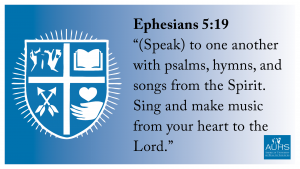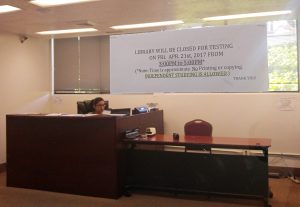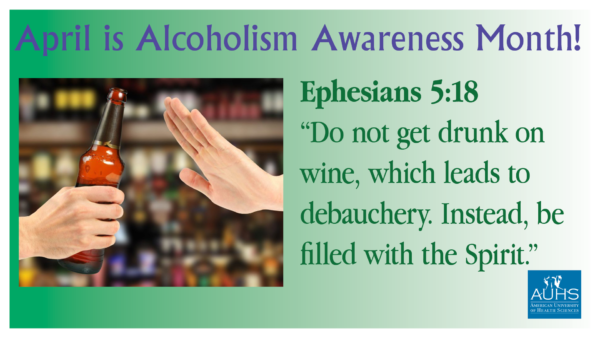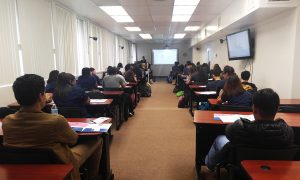Merry Christmas
By Brent Davis, Campus Ministry Coordinator
What makes Christmas merry? Is it festive lights, ugly sweaters, pine-scented decorations? What about children tearing wrapping paper off of their presents? Well, I believe it is a present—the greatest present ever: “This is how much God loved the world: He gave his Son, his one and only Son” (John 3: 16, MSG).
 Why did God want to give us His son? The verse continues:
Why did God want to give us His son? The verse continues:
And this is why: so that no one need be destroyed; by believing in him, anyone can have a whole and lasting life. God didn’t go to all the trouble of sending his Son merely to point an accusing finger, telling the world how bad it was. He came to help, to put the world right again. Anyone who trusts in him is acquitted; anyone who refuses to trust him has long since been under the death sentence without knowing it. (John 3: 16,17)
God gave the gift of life—eternal life to us who were dead in sin. Thanks to Adam and Eve we are all stillborn, spiritually dead, helpless to put ourselves right. This view clashes with that of many Americans such as the educator, John Dewey, who wrote: “The good man is the man who no matter how morally unworthy he has been is moving to become better. Such a conception makes one severe in judging himself and humane in judging others” (Dewey, 1920/2012, p. 177).
If Dewey were right, there would be no need for Christmas—merry or otherwise. We would need, however, to explain where our notions of morality derive from and why we should adopt any particular value proposed; all values would be culturally conditioned without God. Without God, we would also need to explain where the information in DNA came from as well (Meyer, 2009).
A simpler approach is to accept Pascal’s wager, accept God’s free gift, observe whether or not your life changes for the better, and (I am certain) have a very Merry Christmas!
References
Dewey, J. (2012). Reconstruction in philosophy. Project Gutenberg. (Original work published 1920)
Meyer, S. C. (2009). Signature in the cell: DNA and the evidence for intelligent design. HarperOne. [/vc_column_text][/vc_column][/vc_row]











